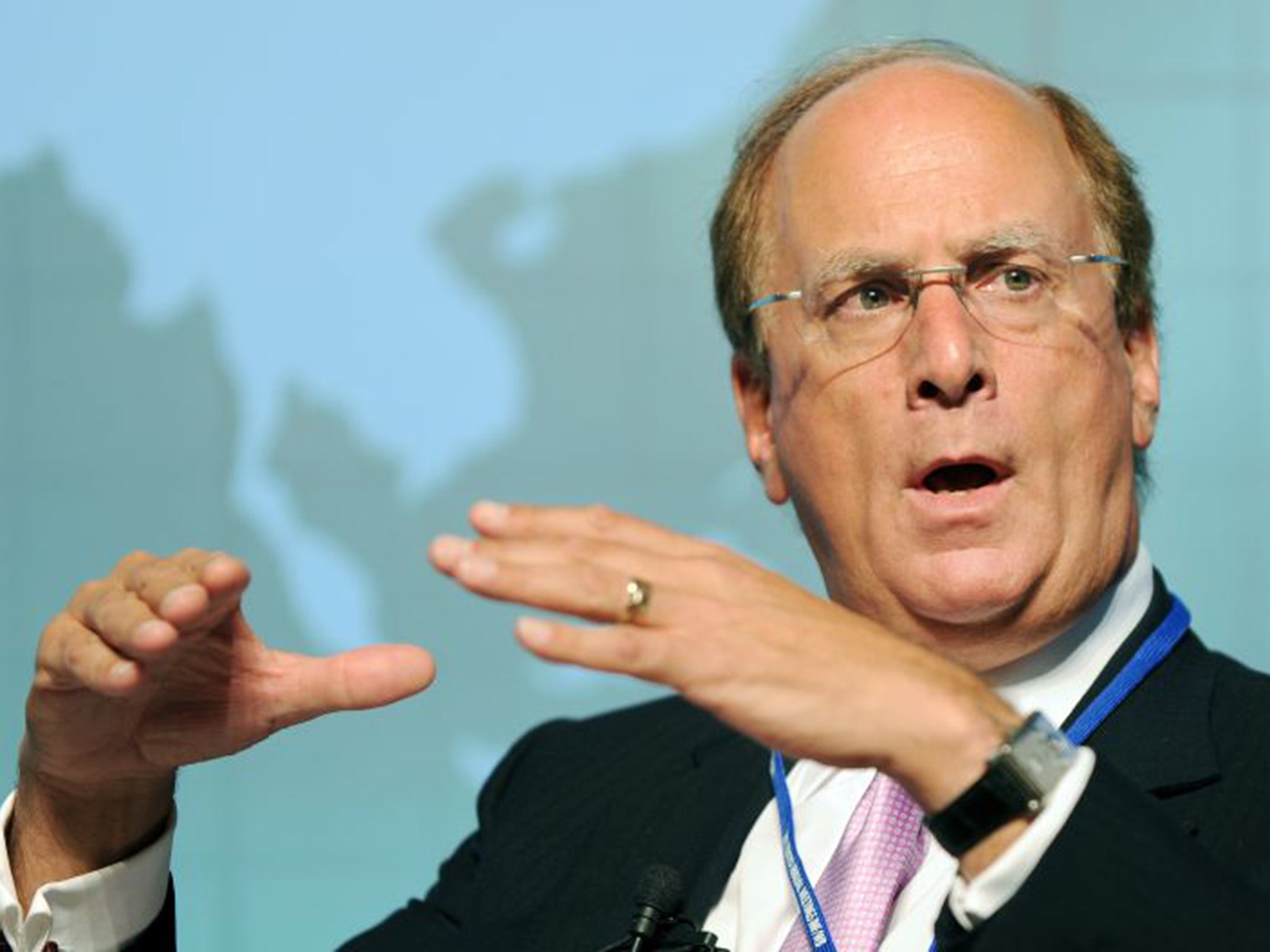Discount rates: how money off today can be bad news in the future
If we turn a blind eye to this problem, we are in danger of excessively discounting our own future prosperity


It’s an unfortunate fact of economics and finance that many different concepts seem to have been given the same name. “Current account”, for instance, refers both to someone’s regular bank account and also the difference between an entire nation’s income and expenditure. “Capital” can mean an individual’s financial wealth, the money that flows across national borders, and also, just to add to the confusion, a bank’s safety buffer.
What does the term “discount rate” mean to you? To most, that phrase probably signals the summer sales in the shops, or perhaps price wars between the supermarkets. Good news, in other words. The bigger the discount, the better.
But there’s a financial concept with the same name that ultimately matters even more for our living standards. And here we should be concerned about hefty discounts.
Consider the following choice. Would you rather have £100 today or £105 in a year’s time (with no risk of the money not being delivered)? If you opt for the £100 now, you have in effect “discounted” the £105. This is perfectly “rational” economic behaviour. You could invest the £100 you receive today in the shares of a blue-chip company (BP or Sainsbury’s, perhaps) and it would probably be worth more than £105 in a year’s time thanks to the dividend paid by the company and the appreciation of the share price.
But discounting can be excessive. Would you rather have £100 today or £1,000 in a year’s time? It doesn’t take a financial genius to work out that taking £100 now isn’t very sensible. You probably couldn’t turn £100 into £1,000 in 12 months, at least not without taking some wild punt at the bookies. If you choose the £100 today, you’re in effect applying a massive discount rate to the £1,000 that you could get in a year.
Businesses apply these discount rates too when evaluating whether to invest. They estimate the annual cashflows they will get from activities such as buying a new piece of machinery, or building a new factory, or opening a new shop. They then discount those cashflows using a standard discount rate, which is often the annual rate of return that’s offered by ultra-safe long-term financial securities such as government bonds.
If the sum of all those cashflows (known as the net present value) is bigger than the upfront cost of financing the investment, it’s a profitable proposition and logic dictates the business ought to make the investment. But what if the managers of businesses use very large discount rates when making these calculations? What if they’re like the person who chooses £100 now over £1,000 in a year’s time because the cash today is worth so much more to them? That would be bad news for the rest of us as it implies that many profitable investments would not be made. Investment boosts the productive capacity of the entire economy – and rising productivity is the only sustainable route to higher living standards.
But surely, you say, company bosses don’t behave in such a myopic way? Sadly, there is evidence that they might. In 2011 the accountancy firm PwC surveyed executives from Britain’s 350 largest stock market-listed companies and found that a majority preferred an investment return of £250,000 tomorrow, rather than £450,000 in three years. That implies they have a very high mental discount rate, of around 20 per cent.
There is evidence that stock market investors use excessively high discount rates too. A few years ago the Bank of England’s chief economist, Andy Haldane, analysed a mountain of micro-data from the UK and US markets and found that share owners value near-term cash returns much more highly than long-term value creation and under-price the shares of companies, which themselves take a longer-term view by investing for growth.
This is likely to be influencing the investment decisions of managers. If they know shareholders are impatient for cash returns today and are not very interested in bigger returns further down the line, they will give the investors what they want.
There is a trend in the US and UK for companies to use their free cashflows to pay large annual dividends or to return money to shareholders by buying back their own shares on the open market. That’s instead of using the cash to invest.
Mr Haldane is not alone in sensing that short-termism has become a serious problem in modern equity markets. Larry Fink, the boss of the giant American fund management firm BlackRock, has called on company bosses to take a longer- term view and invest more, rather than returning cash upfront to shareholders.
A review of the UK equity markets in 2012 by the distinguished economist John Kay also found evidence of short-termism in the behaviour of public companies and investors.
Not everyone agrees that corporate under-investment is a problem, or that managements of companies are behaving myopically. But the evidence that there is something amiss – that the market is failing – is piling up.
So what can be done about it? Mr Haldane moots changing company law to diminish the influence of impatient shareholders. He suggests there should be a legal obligation for company bosses to consider the interests of other “stakeholders” in a company’s success – employees, suppliers and the wider community. Others have urged more state intervention to reform the way company bosses are paid and curb massive share-based bonuses, which create an added incentive for them to under-invest.
This is a radical agenda, of course. It would involve overturning a system of shareholder-focused corporate life that has been in place for decades, and facing down vested interests. But as Mr Haldane says, the stakes could scarcely be higher. For if we turn a blind eye to this problem, we are in danger of excessively discounting our own future prosperity.




Join our commenting forum
Join thought-provoking conversations, follow other Independent readers and see their replies